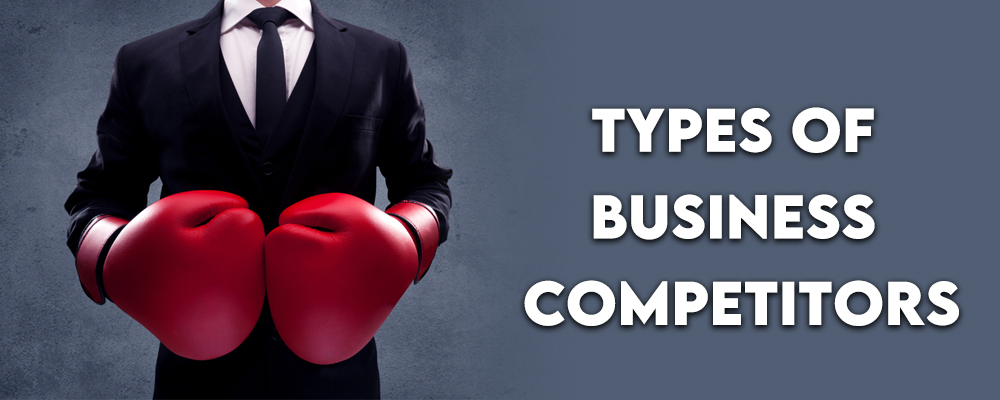High levels of business rivalry can be a sign of a thriving, profitable market, and they frequently raise the standard of all goods and services offered by motivating businesses to upgrade their operations, meet their clients’ needs, and strengthen their client relationships.
Business rivalry or competition refers to the struggle between rival companies that are vying for the same market share. The goal of rivalry is to boost sales and market share in order to raise the revenue of the company. If you’re in the business world, you should be aware of both your company’s strengths and shortcomings as well as those of your rivals. The problem with business rivalry is that it always exists in the market for businesses; there isn’t a single area of business where it doesn’t. Although there is always corporate competition in the market, some industries are less competitive than others and vice versa.
Need A Legal Advice
The internet is not a lawyer and neither are you. Talk to a real lawyer about your legal issue

Types:
Monopolistic Competition:
We still have a lot of sellers in monopolistic competition (as we had under perfect competition). However, they no longer offer the same goods today. But what if the cost of the two was vastly different? Customers might then be convinced to switch from one to the other. Thus, some Pepsi drinkers may convert to Coke if a large promotional sale is offered at a grocery chain (at least temporarily).
Oligopoly:
Few sellers are a sign of oligopoly. Each vendor supplies the majority of the commodities that are sold in an oligopolistic market. Oligopolistic industries also have a small number of businesses since it is expensive to start one of them. Oligopolistic industry players include large corporations like automobiles and airlines. These businesses have some control over the rates they charge because they are big businesses that supply a considerable piece of the market.
Monopoly:
Monopolies are at the other extreme of the spectrum of perfect competition in terms of the quantity and intensity of sellers. In a market with perfect competition, there are many little enterprises, but none of them can set prices; instead, they all accept the market price determined by supply and demand. With a monopoly, however, there is only one seller in the market. The market doesn’t necessarily have to be a whole country; it might be a specific geographic area, such a city or a region.
Public utilities, including gas and electricity providers, are examples of natural monopolies. Duplicating the goods that these businesses offer would be inefficient and require significant investments. Despite the fact that they stifle competition, they are permitted because society values them.
When a business is granted a patent granting it exclusive use of an invented good or service, a legal monopoly results. During this time, other businesses are prohibited from using the newly created item or method without the patent holder’s consent.
Direct competition:
Brands or companies that sell the same goods or services to the same target market are said to be direct competitors. If two companies are directly competing with one another, you can know by:
- They carry out business in the same sector.
- They offer the same or comparable goods and services.
- They appeal to the same consumer demographic
- They meet related client demands.
- They employ the same distribution channel.
Indirect competition:
Although the items or services offered by indirect rivals do not exactly match one another, they still meet the same consumer needs. Two distinct types of eateries would be a perfect illustration of indirect competitors. When two companies are indirect rivals, you can tell by:
- They work for the same company.
- They meet the same requirement.
- They have the same market in mind.
Replacement competition:
Competitors that can entirely replace existing companies by creating new goods or services that better meet the needs of their target market are known as replacement competitors. For instance, because mobile phones met the same requirements and were better and more convenient than landline phones, they eventually displaced the makers of landline phones. If a company offers an already-existing good or service in a fresh, cutting-edge method that more successfully meets customers’ expectations, such a company is a replacement competitor.
Although competition is something that businesses typically dislike, it is excellent for both the client and the company. The monopoly of an industry is weakened by competition. Businesses would continually introduce new product concepts to the market in a competitive climate to gain market share. If a buyer likes an idea behind the product, they have the power to start using it.




 Talk to a Lawyer
Talk to a Lawyer